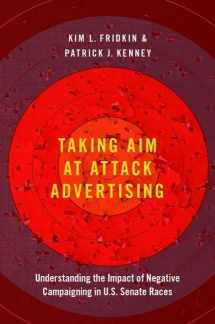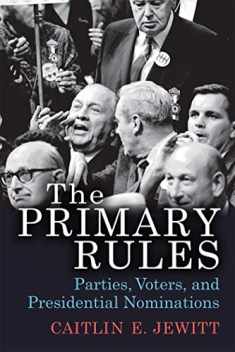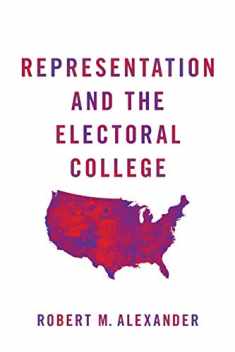
Taking Aim at Attack Advertising: Understanding the Impact of Negative Campaigning in U.S. Senate Races
Book details
Summary
Description
Negative campaigning is a central component of politics in the United States. Yet, until now, demonstrating the impact of combative advertising on voters has been elusive. How can we reconcile the findings of a plethora of studies with the methods of politicians? This book cuts through to the central issue: how negative advertising influences voters' attitudes and actions. Focusing on U.S. senatorial campaigns, Kim Fridkin and Patrick Kenney draw from surveys, experiments, facial expression analysis, content analyses, and focus groups. They develop the "tolerance and tactics theory of negativity" that marries citizens' tolerance for negativity with campaign messages varying in their civility and relevance and demonstrate how citizens' beliefs and behaviors are affected. Using this original framework, they find harsh and relevant messages influence voters' decisions, especially for people with less tolerance for negativity. And, irrelevant and uncivil advertisements demobilize voters, with low tolerance individuals affected most sharply.


We would LOVE it if you could help us and other readers by reviewing the book
Book review





